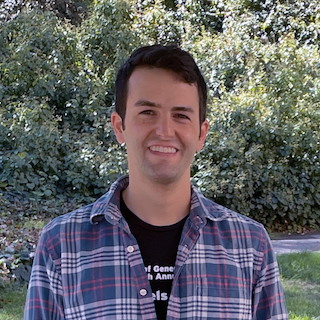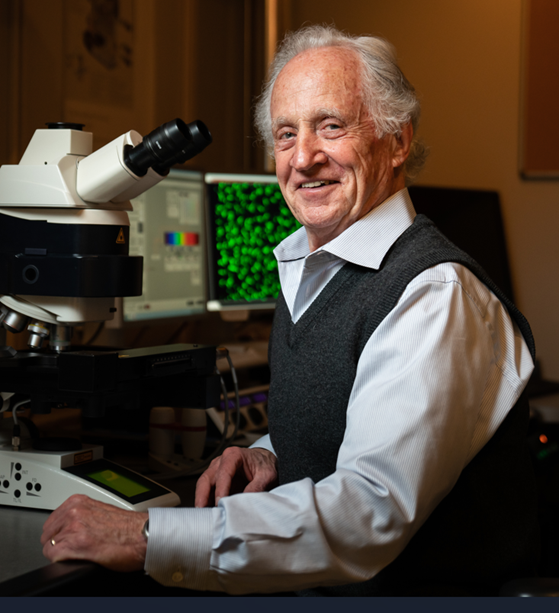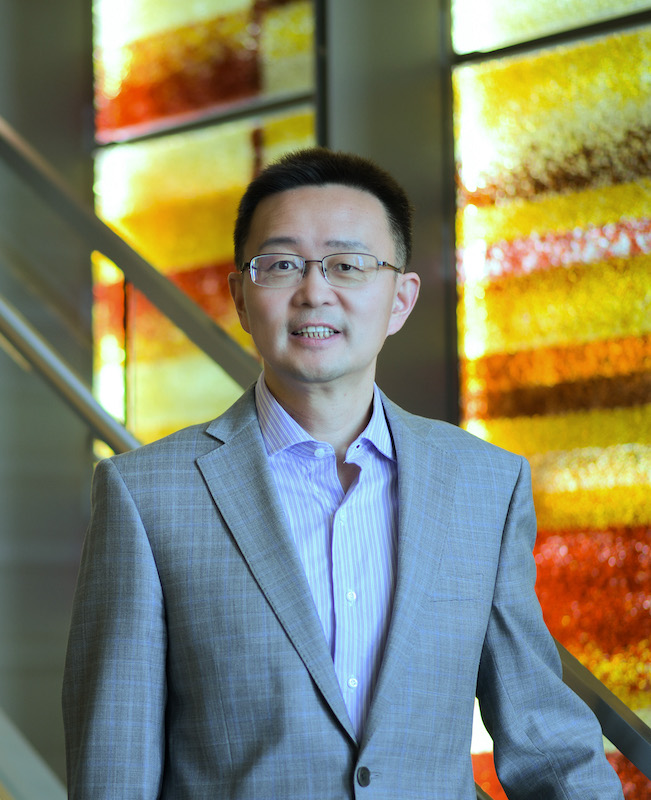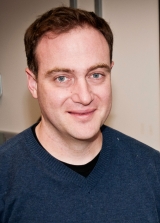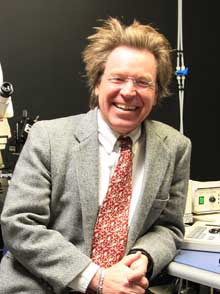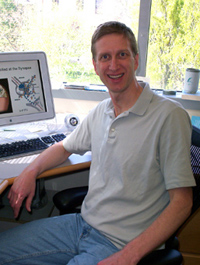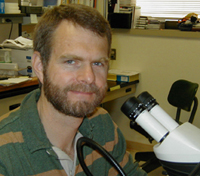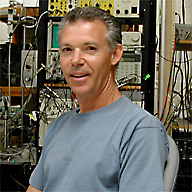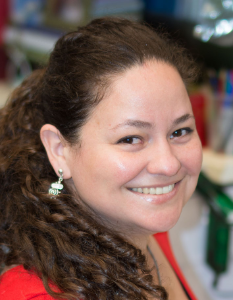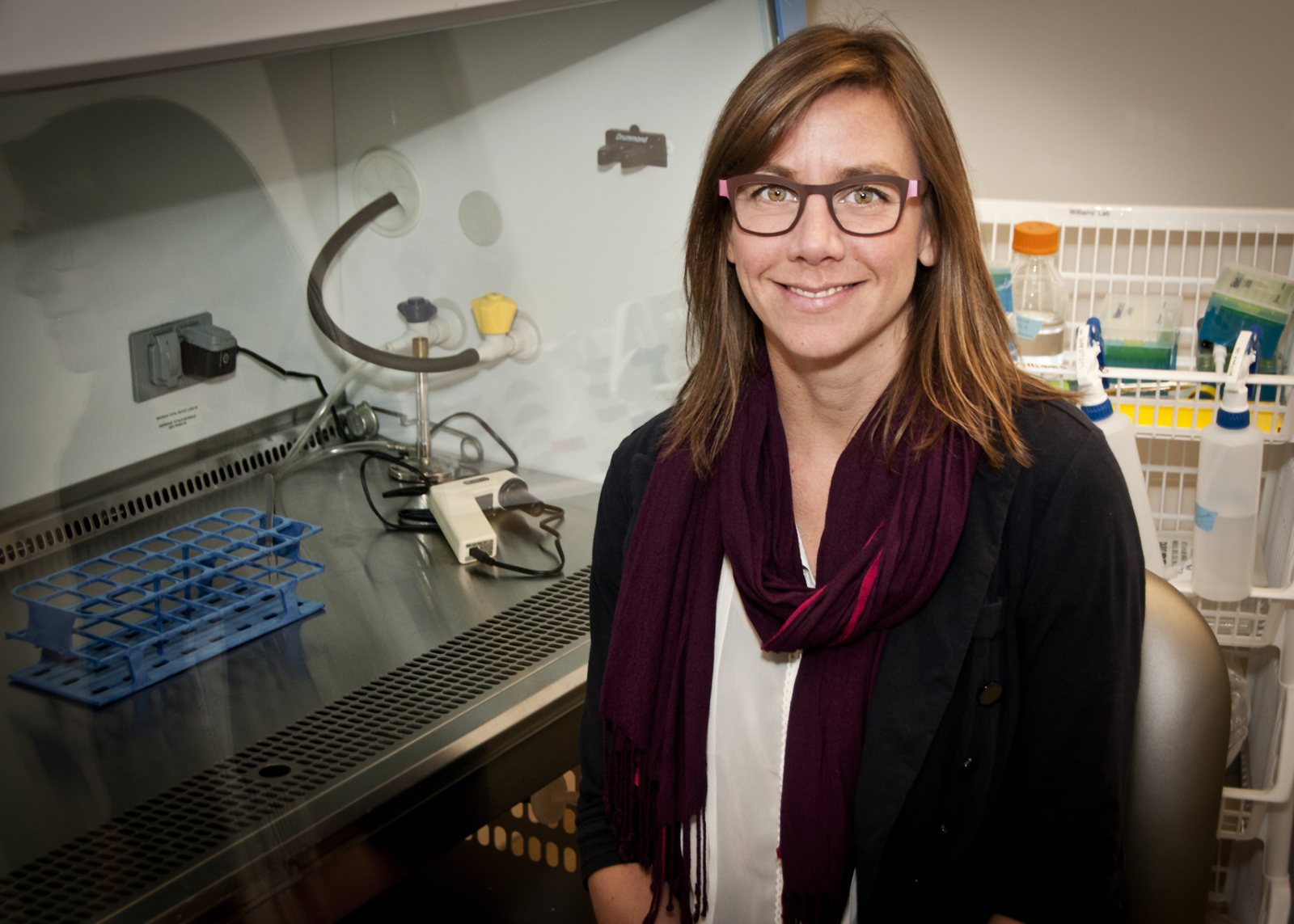Research Emphasis Area: Molecular and Cellular Neuroscience
The brain is the most complex organ in the body; with unique cell physiology and functions. The Molecular and Cellular Neuroscience emphasis area includes faculty from colleges and departments across campus working on a variety of topics that include the molecular and cellular mechanisms of: behavior, neural circuit formation during embryonic development, etiology of neurological disorders and degenerative disease. To identify and understand these mechanisms Molecular and Cellular Neuroscience labs use an assortment of animal and tissue models including worms, flies, zebrafish, rodents, and human cells.
Opportunities for trainees in Molecular and Cellular Neuroscience include the ability to present their work at a weekly “Research in Progress” seminar course, at student-led interest group meetings, at the annual Snowbird Neuroscience retreat, and attending monthly invited lecture series. Funding for eligible students is available from three NIH T32 training grants.
- Weekly Research in Progress course, Department of Neurobiology
- Monthly Synapse Interest Group
- Monthly Department of Neurobiology Seminar Series
- Neuroscience Ph.D. Program Seminar Series
- Annual Snowbird Neuroscience Retreat
Students and postdocs present their work in 30-minute talks. Attendance and one presentation are required for all registered students
Researchers from throughout campus present informal talks organized around the theme of synapse biology.
Invited speakers, from dynamic junior faculty to established leaders in the Neuroscience field, present 1-hour seminars.
Invited speakers, from dynamic junior faculty to established leaders in the Neuroscience field, present 1-hour seminars.
A full day of talks from invited speakers, as well as students and postdocs representing the local neuroscience community. An afternoon poster session is hosted by the Intermountain Chapter of the Society for Neuroscience, followed by dinner and a keynote lecture, and a social continuing late into the night (rooms and breakfast the following morning are available).
T32 Opportunities
Neuro-Immunology Training Program T32
- PIs: Karen Wilcox (Ph/Tx) and Ryan O’Connell (Pathology).
- The field of neuroimmunology is a rapidly growing discipline at the intersection of immunology and neurosciences. The Neuroimmunology Training Program at the University of Utah is designed to meet this specific need and train future researchers in this clinically relevant field of study.
Translational Neuroscience T32
- PI: Kristen Keefe (Ph/Tx).
- The objective of Training in the Development of Novel Interventions for the Treatment of Neurological and Neurobehavioral Disorders is to provide one pre-doctoral and one post-doctoral/clinical fellow per year with formal education in the translational processes needed for moving basic science discoveries to clinical practice.
Vision Research Training Program T32
- PI: David Krizaj (Ophthalmology).
- The T32 Moran Eye Center Vision Research Training Grant will fund and train predoctoral and postdoctoral students who learn both basic research and applied vision science in their most vivid and advanced forms. The students will experience strong interdisciplinary and interdepartmental collaborations, and the students will be exposed to new national and international vision research community events, new comprehensive eye and vision courses, and clinical ophthalmology
Molecular and Cellular Neuroscience focused Core Facilities
University of Utah researchers have access to numerous state of the art core facilities, resources and support through the Health Sciences Center, Huntsman Cancer Institute, and the University. Cores and resources that are highly utilized by Molecular and Cellular Neuroscience Research Emphasis Area members are:
The University of Utah General Catalog
ANAT 6400 – Fundamentals in Cellular and Molecular Neuroscience
The nervous system is the most complex organ in the body; behavior requires unique cell biology and biochemistry. The goal of this course will be to introduce core cellular and molecular processes in the main brain cell types; neurons and glia. In addition, we will highlight how these processes can go awry in neurological disorders.
NEUSC 6040 – Cellular and Molecular Neuroscience
The bulk of this course will focus on the cellular mechanisms of signaling. The topics to be covered include basic neuronal/glial morphology and cell biology; neurostructural mapping and identification; basic neural development; cytoskeleton-structure and biochemistry; basic membrane biophysics; cable properties; ion channel biophysics and molecular biology; synaptic transmission; neurotransmitter gated ionotropic systems; and neurotransmitter gated metabotropic systems.
NEUSC 6100 - Visual Neuroscience and Diseases
Advanced course addressing optics, photochemistry, biochemistry, biophysics, anatomy, neurochemistry, circuitry, and electrophysiology of visual processing at the level of the vertebrate retina.
PHTX 7280 - Advanced Neuropharmacology: Glial Cells in Health and Disease
New developments in neuropharmacology.
Bioscience Faculty
Cell Signaling, Genetics, Development, Inter-organ Communication, Drosophila, CRISPR, Plasma Proteomics

Drosophila Melanogaster, Mushroom Body, Multisensory Integration, Sensory Systems, Connectomics, Learning and Memory
Peptides, Host Immune Systems Peptide Materials
Genetic Variation, ER Stress, Disease Modifiers



Drosophila Models of Human Disease, Microcephaly, Mechanisms of Virus-Induced Disease, Neuronal Stem Cells, Neurodevelopment, Neurodegeneration
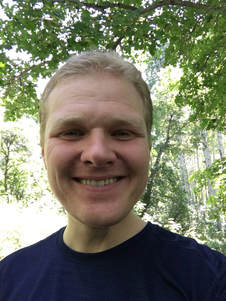

Sickness Symptoms, Immune-brain Communication, Neural Circuits Controlling Sickness Behavior
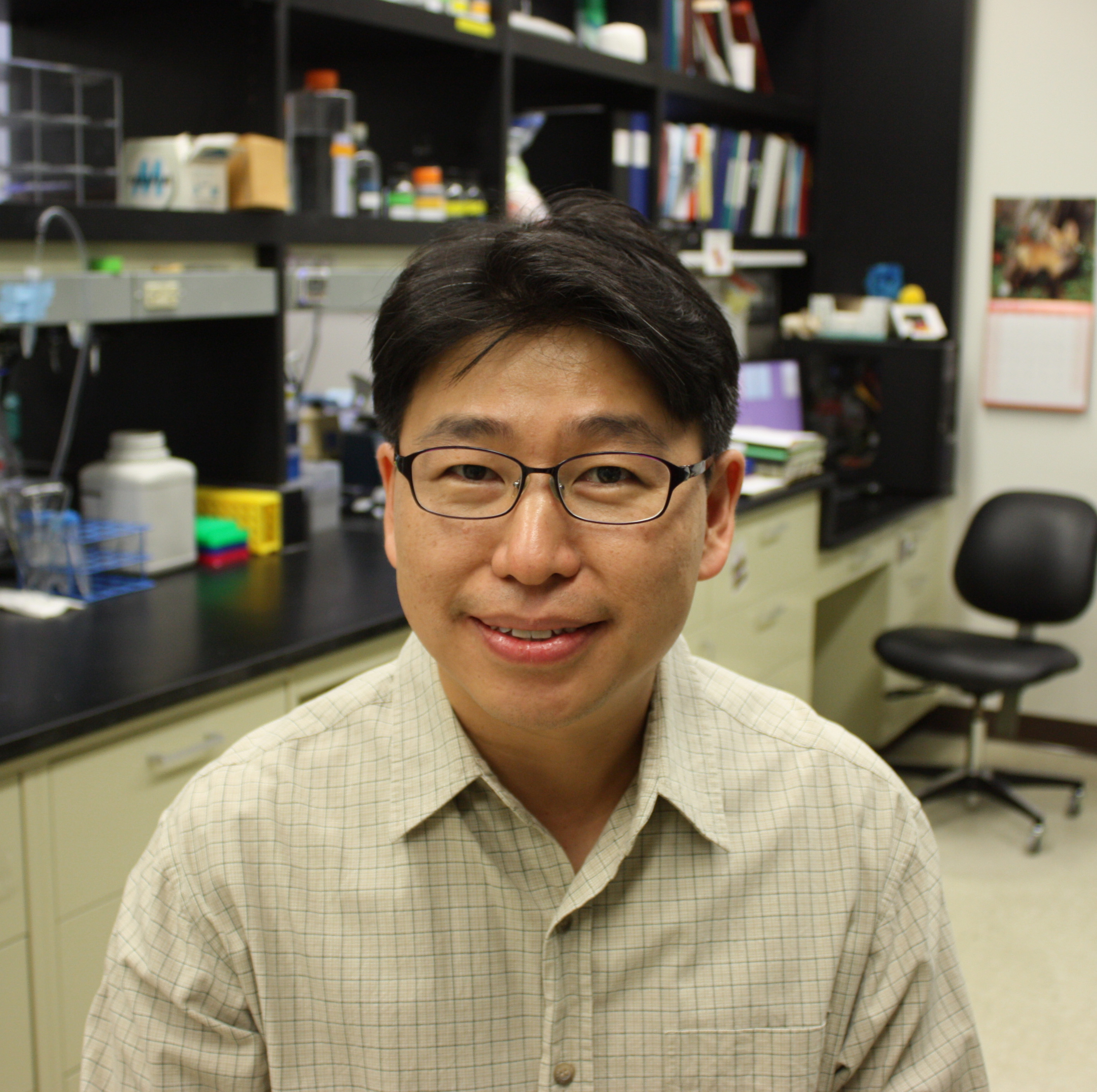
Zebrafish, Phenotypic Screening, Behavior, Neuropharmacology, Disease Models, Genome Editing, Therapeutics

